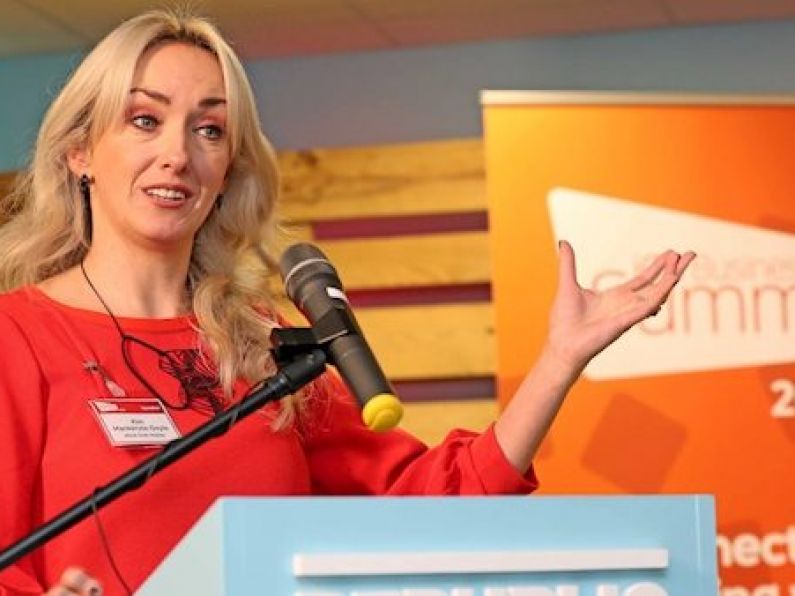By Geoff Percival
The economy could grow by as much as 8.9% this year, according to the Economic and Social Research Institute — nearly double the level initially expected.
The forecast is a significant increase on the 4.7% rise the ESRI said it was expecting as recently as mid-June. The reason for the higher growth outlook, it said, is faster-than-expected domestic economy growth and multinational activity significantly impacting Ireland’s trade balance.
“Domestic consumption and modified investment have grown at a faster pace through the first half of 2018 than was previously expected,” the economic think-tank said in its latest outlook report.
“Secondly, considerable volatility in the trade balance, with imports registering negative growth over the same period, has also led us to revise our forecasts. This change is mainly due to a sizeable reduction in imports of research and technology-related services amongst certain multinational firms.”
Noting that the trade balance makes a significant contribution to economic growth, the think-tank said “significant risks” — mainly in the form of Brexit and US trade policy — are looming. It said global risks are likely to be “particularly elevated” in 2019.
The ESRI has also upped its outlook for 2019. It now expects 4.5% GDP growth instead of less than 4%. Exports should grow by 7.5% this year and by 5.2% next, it said, with consumption up by 2.9% in 2018 and 2.5% in 2019.
It expects the unemployment rate to be at 5.7% by the end of this year and to fall to 5.1% by the end of 2019.
“Our forecasts for 2019 are subject to the technical assumption that an agreement along the lines of the European Economic Area will exist between the UK and the EU after March 2019,” said the ESRI.
It warned against “an explicitly contractionary budget” next month, which, in the case of a no-deal Brexit, “may amplify the potential fallout from an economic downturn and reinforce the shock on the economy, rather than insulate it”.
Elsewhere in its outlook, the ESRI said it expects house build completions to total 18,550 this year and 24,500 new houses to be built next year. It also expects upward pressure to continue on both house prices and rental costs. Affordability difficulties are likely to be exacerbated as a result.
Noting new mortgage lending levels remaining in double-digit percentage growth and a rise in SME lending, the ESRI said “careful monitoring is required”, given the pace of acceleration in new lending.
“The Irish economy continues to perform significantly better than most OECD economies and is, once again, likely to register the fastest growth rate in the euro area in 2018,” it said.
Brexit signs call for neutral budget
By Geoff Percival
The prospect a ‘no-deal’ Brexit has upped the case for a neutral, or ‘holding’, budget for 2019, where tax revenue is equal to government spending, the ESRI has said.
In its latest outlook report, the economic think-tank said a contractionary budget — where a budget surplus is targeted through a decrease in spending and rise in taxes — would be preferable, but that a balanced budget should be the way to go to try to alleviate the threat from a disastrous Brexit.
“The most substantial risk facing the economy is the outcome of the Brexit negotiations. The summit of EU leaders, in October, may provide some clarity concerning the nature of the UK withdrawal. However, at this stage, it is prudent to assume that a no-deal outcome is a real possibility,” the ESRI said.
“In a small, open economy, such as Ireland, at this point in the cycle, the most prudent policy would be to run budgetary surpluses and reduce the level of indebtedness. This would provide buffers to withstand future economic shocks. However, with the infrastructural deficits in areas such as housing and the potential adverse implications of Brexit, there is a case that Budget 2019 should be a ‘holding’ budget and should, therefore, look to neither inflate nor deflate the economy.” That said, the ESRI remains in favour of the Government’s planned ‘rainy day’ fund, a buffer against future shocks.
A no-deal Brexit could hit the Irish economy with “a highly adverse economic shock,” it said.






